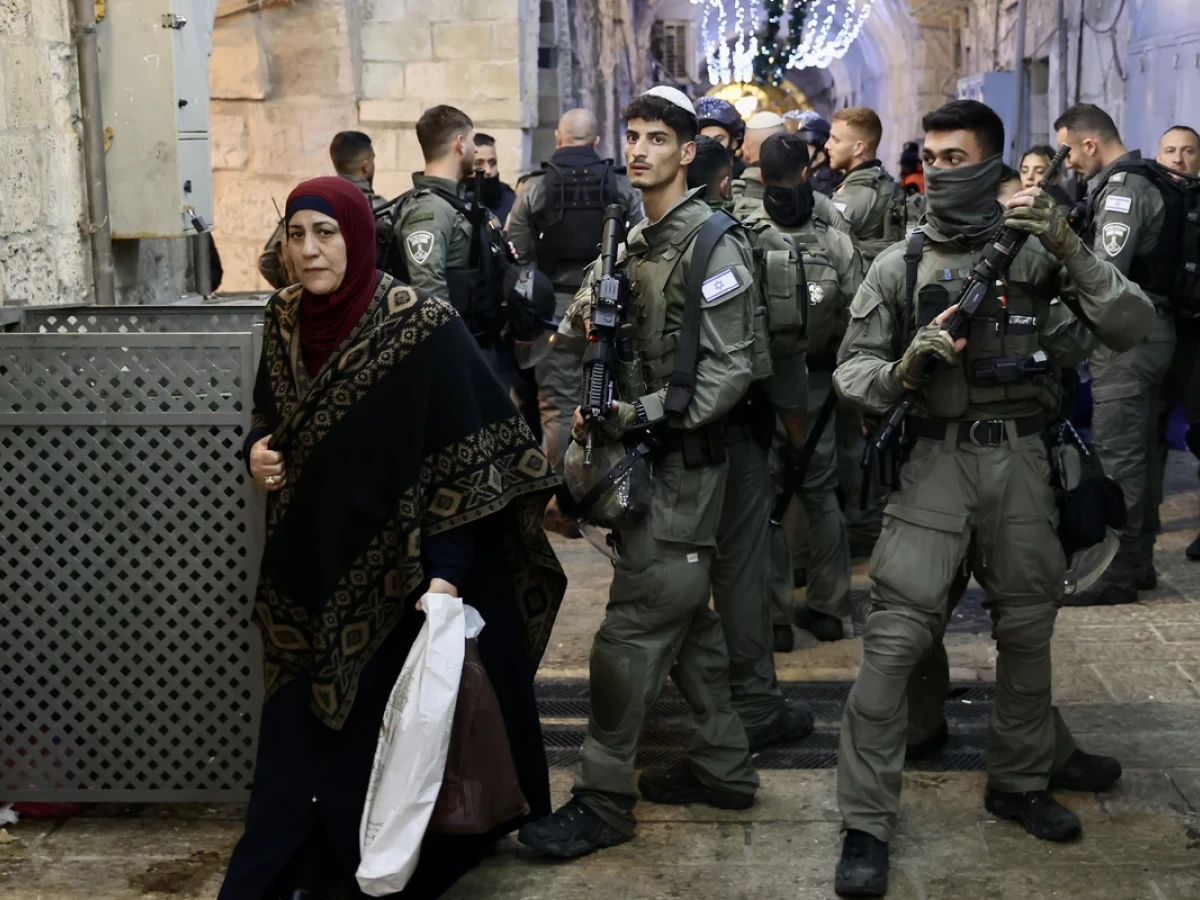
We condemn, they condemn, still condoned
“It couldn't happen without our complicity”, Mick Wallace said, referring to the travesties inflicted on the Islamic world.
By
Azuhaar Abdul Azeez
The conflict between Israel and Palestine is a complex issue with historical, political, and religious roots. Israel justifies its attacks on Palestine by citing security concerns and self-defense against Hamas, a militant group that has been launching rockets into Israel. On the other hand, Palestinians see Israel's actions as an unlawful and brutal occupation of their land, leading to the loss of life and property. The ongoing conflict has resulted in numerous casualties on both sides, making it a challenging issue to resolve.
The Islamic stand regarding the Israel-Palestine conflict is a topic of great controversy and debate among Muslims worldwide. Many Muslims view the conflict as an unjust occupation of Palestinian land by Israel and a violation of Palestinian human rights. Some Islamic leaders have called for a boycott of Israel, while others have urged Muslims to support the Palestinian cause through peaceful means such as protests and donations. However, it's also important to note that not all Muslims share the same views on the conflict, and some support a two-state solution or peaceful coexistence between Israel and Palestine.
The Israeli-Palestinian conflict dates back to the end of the nineteenth century, and amidst this ongoing conflict between the two countries, Israel has, just two days ago, stormed the Al-Aqsa Mosque in Jerusalem’s Old City, firing stun grenades and attacking Palestinian worshippers.
The UN, Turkey, US, Canada and several other countries and bodies have expressed shock and concern over the attack, but all the White House had to say was that they were “extremely concerned” and urged restraint by both Israelis and Palestinians.
Turkey’s President Recep Tayyip Erdogan condemned the Israeli police raid, calling such acts in the mosque compound a “red line” for Turkey, and the Arab League joined the condemning voices, calling on the UN Security Council to intervene to halt Israeli “crimes” at the Al-Aqsa Mosque compound.
Regarding the international community's response, many countries and organizations have condemned the violence and called for a peaceful resolution. However, the United Nations and the western powers' ability to stop these attacks is limited. The UN has passed several resolutions, but due to the veto power held by the United States, the resolutions have not been enforced. Similarly, the West, including the United States and European Union, has a complex relationship with Israel and may not want to interfere in their internal affairs. Additionally, the US provides military aid to Israel, which further complicates the issue. Ultimately, the only possible resolution to the conflict lies in a peaceful dialogue between the parties involved.
Many nations condemn the attack, but their words alone on social media platforms do zilch to curb the violence ongoing during a month which is holy to Jews, Christians and Muslims all over the world. Member of European Parliament Mick Wallace stood up and spoke at the EU parliament meeting in January, on recognising Russia as a “state sponsor of terrorism”, asking whether the same would apply to western nations, Israel, Saudi Arabia, and the UAE.
“It couldn't happen without our complicity”, Mick Wallace said, referring to the travesties inflicted on the Islamic world.
The United Nations General Assembly adopted a resolution designating 15 March as the International Day to Combat Islamophobia, awareness on which is a global trend right now. The western world is often at the brunt of accusations targeting the widespread of Islamophobia, and ultimately blamed for the unresolved conflict between Israel and Palestine, and with good reason.




